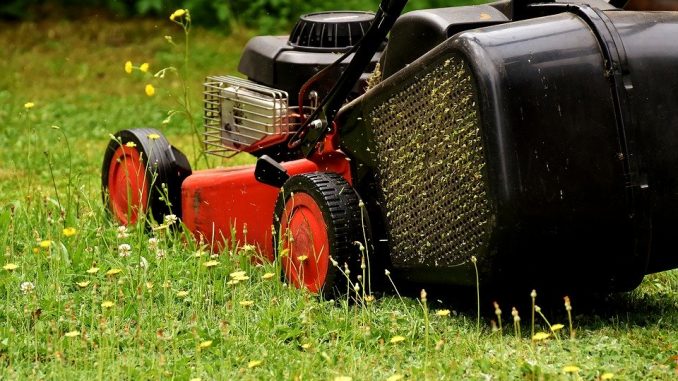
A proposal to amend Village Code that prohibits grass from growing longer than three inches has raised concerns among residents in the Village of New Paltz.
The proposal was to change this law to allow grass in the village to grow up to 10 inches to align with the state limit. However, residents in the village are concerned that the higher inch limit would raise the tick population, thus increasing the risk for Lyme Disease.
Village Code 124-1 currently states that “grass shall not be allowed to grow in excess of three inches.” This does not apply to “land under cultivation, naturally wooded areas or undeveloped areas which are at least 200 feet distant from any occupied building or residence.” New York State law prohibits weeds and grass from growing more than 10 inches.
Deputy Mayor KT Tobin said that the proposal came out of “several” climate activists approaching the Village Board and asking for the board to consider ways to help the New Paltz community transition away from the practice of “manicured lawns.”
Janelle Peotter, New Paltz resident and volunteer coordinator of New Paltz Climate Smart spoke at the Village public hearing on Wednesday, Nov. 13 in support of the change.
“Conventional lawns create greenhouse gas emissions from mowing and are usually maintained through the use of petrochemical fertilizers, pesticides, herbicides and watering in times of drought – none of which are climate smart,” Peotter said. “According to Yale research, U.S. households use more than 600 million gallons of gas to cut grass. The Union of Concerned Scientists estimates the average gas mower creates as much pollution as eight cars driving 55 miles per hour.”
Tobin said that benefits to changing the Village code would be the promotion of biodiversity, conservation of water, reducing energy use and attracting more pollinators.
“Changing the mowing code is not about telling the community to stop mowing. It is simply about giving each resident the option to mow less frequently,” said New Paltz resident Liz Elkin. “This would lessen our carbon footprint, and increase biodiversity and pollinator habitat and flowers.”
However, many members of the New Paltz community still oppose the change out of fear of promoting ticks.
Teresa Migliozzi Thompson, Ulster County resident and owner of the Main Street Bistro, has been “stricken” with Lyme disease twice while living in the area and said that the law should not be changed because tall grass “harbors” insects.
“With the vast epidemic of Lyme’s Disease in our area, it is a foolish chance to take,” Thompson said. “Ask anyone who has battled it, it’s no joke. The risks to citizens’ health and well-being are just too great. I’m in complete shock that anyone would want to put people at risk for disease.”
Village Trustee William Wheeler-Murray shares the concerns held by community members as a person who has also been treated for Lyme Disease twice before. However, he said research is inconclusive on whether or not increasing grass height will increase the tick population

